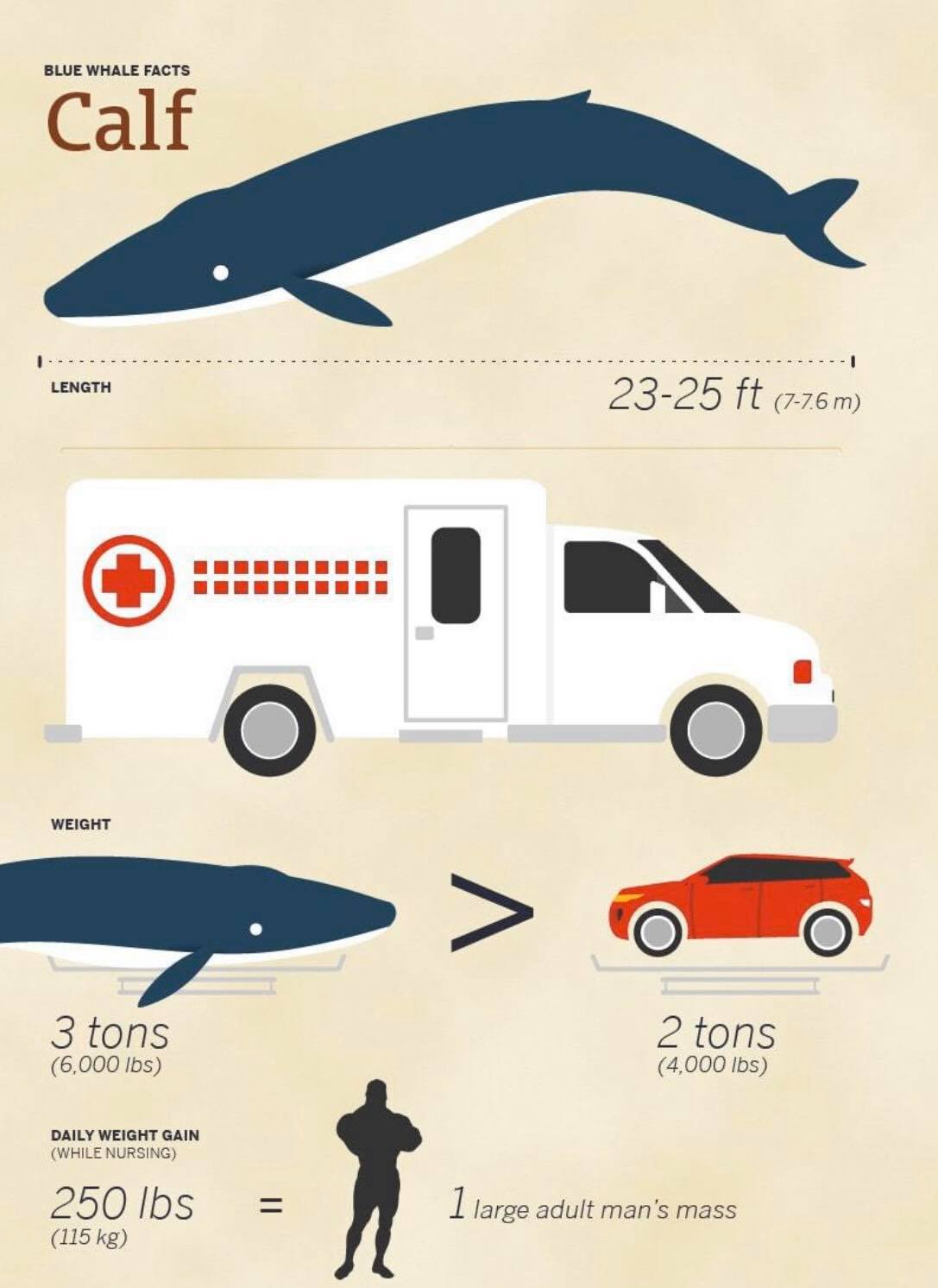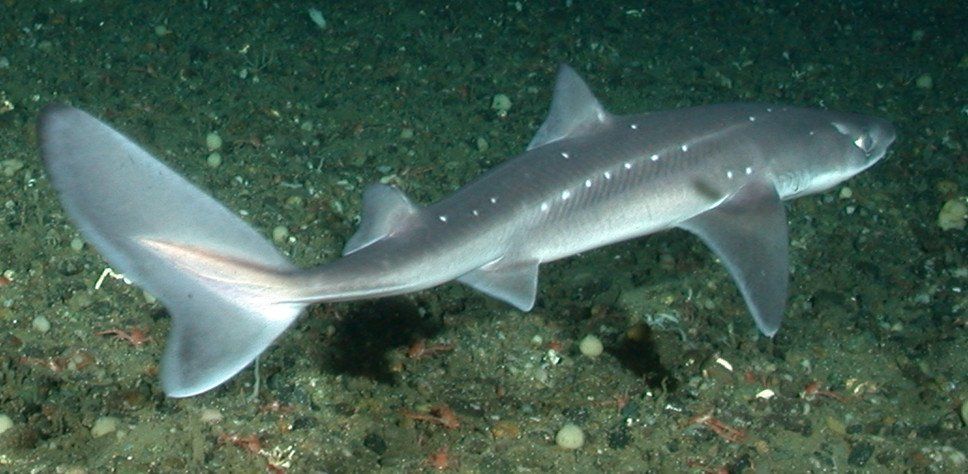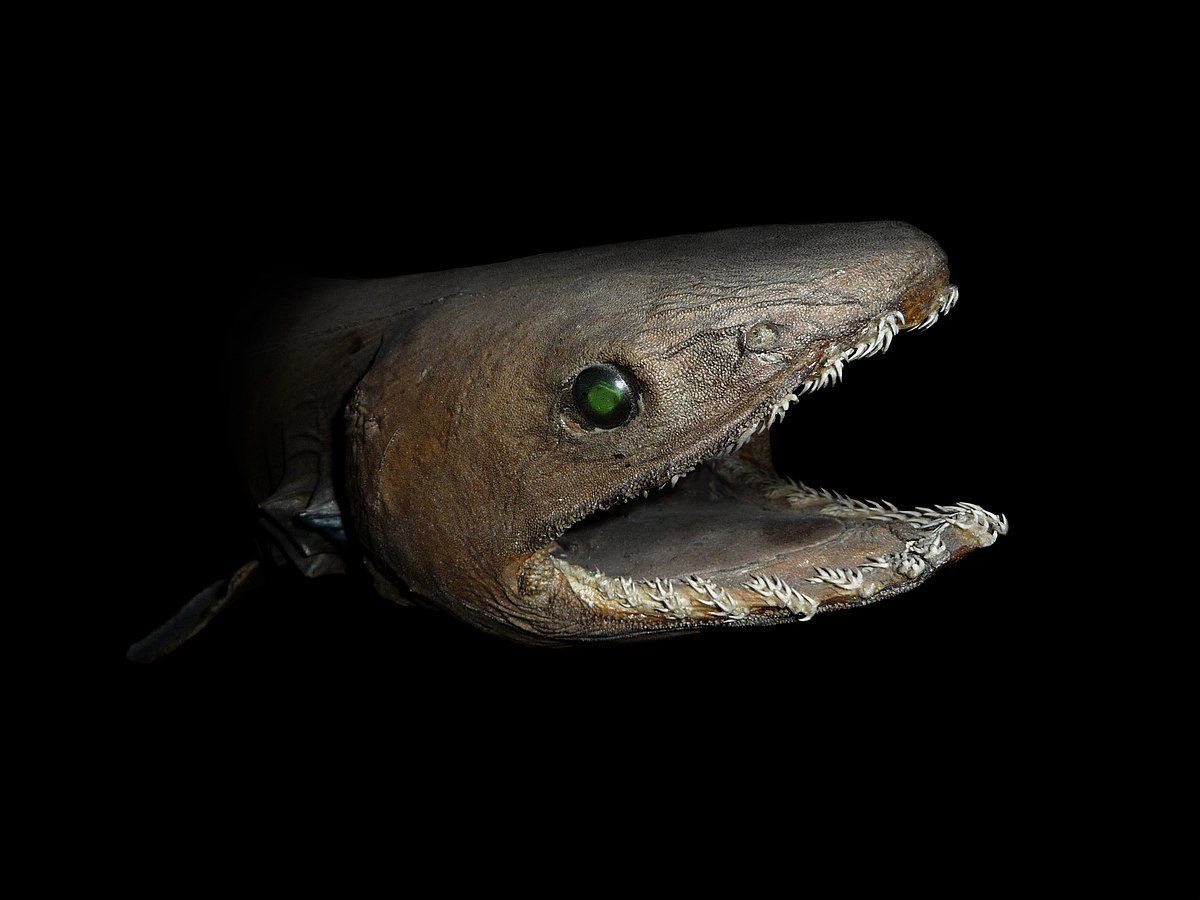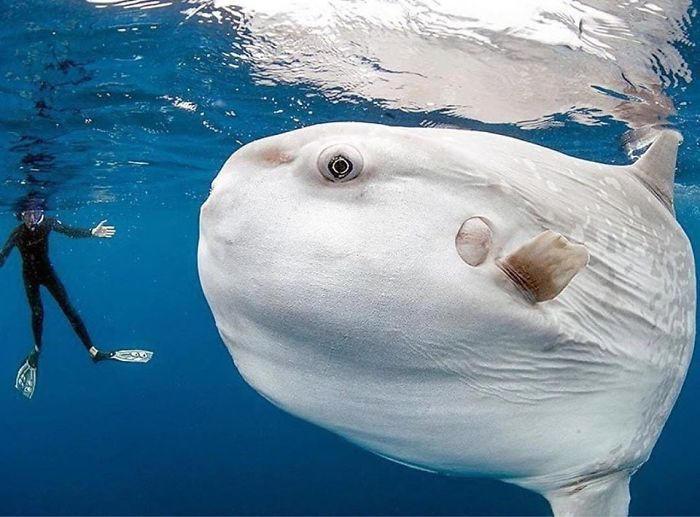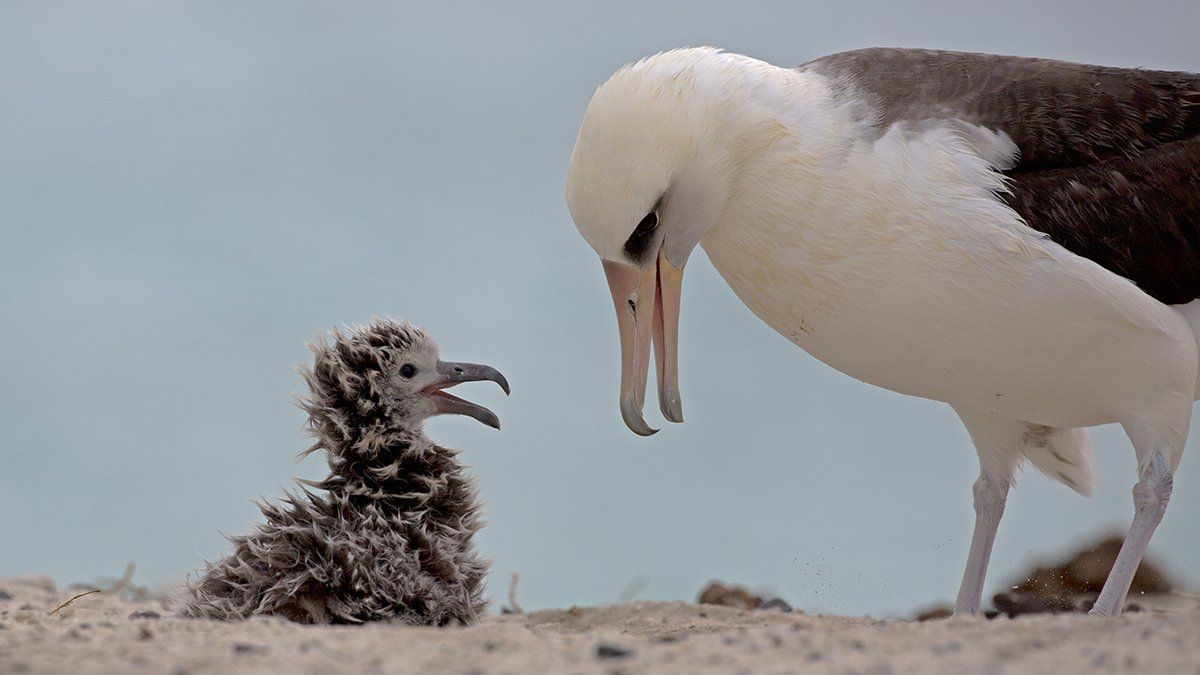The Best Marine Mammy's!
Mother's day is such a special day it's celebrated around the world, although at different times of the year, depending on what country you live in. In Ireland and the U.K., mothers day is celebrated on March 22nd, so if you are Irish or British, you can relax, you didn't forget. For many other countries including including the United States, mothers day is celebrated on May 10th. So today we also wanted to celebrate all of those incredible ocean moms!
From the longest pregnancy in the animal kingdom to the biggest babies on Earth, the oceans are home to some of the hardest working moms on the planet. To celebrate mothers day, no matter where in the world you are or what date you celebrate, here are our Top 5 Ocean Moms!
1. Blue whale
The blue whale is the largest animal to have ever lived on Earth, so it is quite obvious that it also gives birth to the biggest baby on Earth. Blue whales carry their calves for a gestation period of 10 to 12 months before giving birth. A blue whale calf can weigh up 2,722 kg and can be 23ft. or 7 meters in length, as long as an ambulance! Blue whale calves gain 115 kilograms a day while nursing on their mom's fat rich milk. Thats the equivalent of adding a rather large man like Arnold Schwarzenegger to their diet every day. Blue whale milk contains about 40% fat and 13% protein, compared to human milk, which is only 4% fat and 1% protein. Blue whale gestation is an energy-intensive process, and females don’t reach sexual maturity until they are five to ten years old, and even then only produce calf every two to three years.
2. Spiny Dogfish
Among the longest pregnancies on Earth is that of the spiny dogfish ( Squalus acanthias
) - a common species of elasmobranch (shark), that is found in temperate waters around the world. A spiny dogfish has a gestation period of up to 2 years as the young develop from eggs to pups. These species are aplacental
viviparous meaning they give birth to live young, somewhere usually between 1 and 20 pups measuring between 18 and 30 cm. After they are born they dissipate and segregate by size, with the larger adult dogfish living in deeper waters and the younger specimens staying closer to the surface. Unfortunately, this slow gestation period puts the spiny dogfish in danger and is one reason why the species is listed as Vulnerable, due to increasing pressure on the species through fisheries. These sharks are common by-catch species for both anglers and commercial fisherman. Their low reproductive rate means that populations are slow to bounce back from decline. In the last 75 years, the IUCN estimates a decline of more than 30% of the global population.
However, the species with the longest gestation period of any marine species, goes to the frilled shark ( Chlamydoselachus anguineus ), who due to the slow developmental rates of their embryo's, have an estimated gestation period of 3.5 years.
3. Ocean Sunfish
Although some marine mothers only produce one or two offspring at a time, others take a different approach. For the Ocean sunfish ( mola mola ), finding a mate can be difficult, so females release massive amounts of eggs at a given time to maximise the chance that at least some of them will be fertilised by males. While female sunfish can release up to 300 million eggs at once, only a few of them will survive to adulthood. Corals have a similar reproductive strategy, where a few times a year they have large spawning events where they release millions of eggs into the water at once, with the hopes that some will be fertilised in the water column and settle on the reef below.
4. Albatross
The Laysan albatross ( Phoebastria immutabilis
) may be the oldest mother in the world of marine moms. In 2018, at 68 years old, Wisdom the Albatross became the oldest-known breeding bird in the wild. Albatross are socially monogamous, meaning they will remain committed to a life bond with one partner and since 2006, Wisdom and her mate Akeakamai have produced an egg every year in their nest site at Midway Atoll, in the North Pacific Ocean. This is particularly impressive as albatross are threatened by marine plastics, even in their remote islands. Wisdom is thought to have hatched between 31-36 chicks in her lifetime, and shows no signs of slowing down!
5. Killer whale
While for some marine species, their motherly duties end when eggs are hatched or young are born, but for killer whales (Orcinus orca) the bonds with their male offspring last a lifetime. Owing them the title of 'ocean mom of the year'! Killer whale pods are matrilineal - meaning they are led by females and made up of their relatives. Within these pods, sons stay with their mothers for their entire lives with only brief departures to breed with non-related females. Males live into their thirties and so remain mummy's boys for decades.
© Ocean Research & Conservation Ireland (O.R.C.Ireland) and www.orcireland.ie , est. 2017. If you like our blogs on the latest news in marine science and would like to support our work, visit www.orcireland.ie to become a member, to volunteer or to make a donation today. This article has been composed based on credible sources.
SHARE THIS ARTICLE







